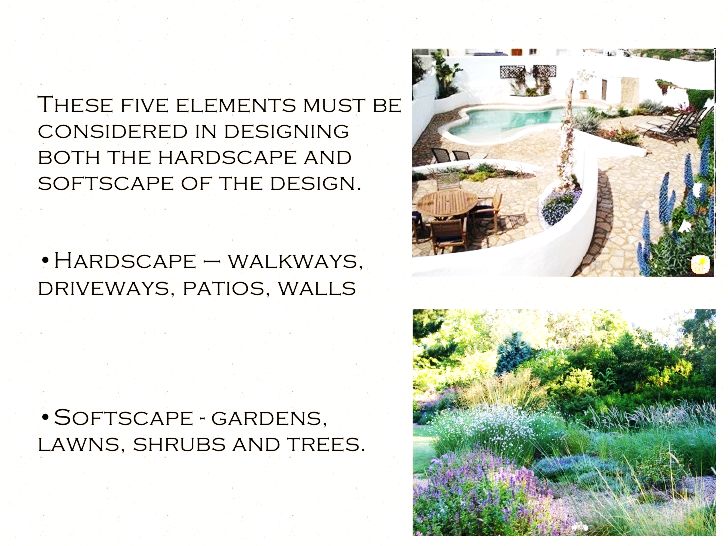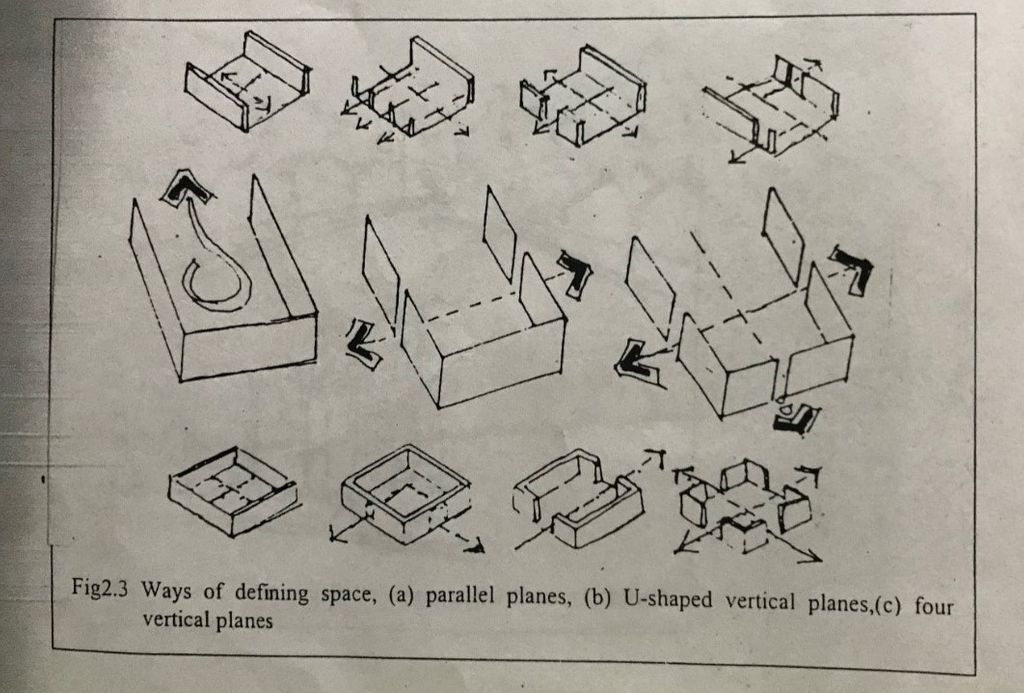What Is The Usp Of A Hotel?
May 03, 2019 • 62 views
Hotels houses individuals of different nature, culture and ethnicity who have different emotions, needs and aspirations at different times. The basic purpose of a hotel is to provide its guests with a leisurely experience along with the necessary amenities. Hotels thus need a lot of flexibility and variety of spaces to meet the needs of different individuals.
Landscaping has the sole power to transform places by enhancing the appearance of the place. It is responsible for establishing the connection between humans and surroundings. However, an effective landscaping is the one which is functional along with aesthetics.
The write up aims at exploring the possibilities of creating a landscape in a hotel.
How is landscaping the USP (Unique Selling Proposition) of a hotel?
To begin with, the basic components of landscape – softscape and hardscape, are the driving forces controlling the beauty of an area. The nature of elements of landscape falling in both these categories help in enriching outdoor space through the placement of plants and structures building a useful relationship with the natural environment and the built structure.

Another important factor to be taken into account is the careful organisation of open spaces. Space is the three dimensional extension of the world around us defining the intervals, distances and relationships between people and people, objects and people, objects and objects. At a more abstract level, space organisation is separate from space, and is a more fundamental aspect of the built environment, giving meaning to a space.

Meaning is also conveyed through shape, materials, textures, sizes, dimension and direction.

The open spaces in a hotel that are relevant in terms of landscaping consist of – entrance porch, boundary of the site, swimming pool deck, courtyards, pavings and driveways, parking areas, stormwater pits, staircases and gardens/lawns. For example,
·If there is adequate space and the scale is appropriately grand, trees should be planted in a way that creates large-scale horizontal and vertical layers.
·Drought resistant plant species shall be utilized where feasible to conserve water.
Overall, we can say that the role of landscape is much more than what it is traditionally thought. Along with serving the recreational purpose, it should be able to perform an added advantage to the environment in terms of function, social, aesthetic, etc. The various scopes of landscape include
·VISUAL – The design is narrative, there could be a deeper content integrated conceptually into the design meant for the consumption of those initiated into it.
·SPATIAL – The organisation of spaces is the most crucial one, it is possible to play with volumes creating interesting spaces, giving pleasure.
·FUNCTIONAL – Landscaping should be able to perform a function that automatically makes it efficient. For example, trees and plantations that can withstand pollution and have a long life should be planted in the parking areas as well as the entrance porch.
·PSYCHOLOGICAL – Elements of landscape must be arranged in a manner that it instills positivity and goodness in a human, makes her want to stay, their mind gets relaxed, the body gets energetic, etc.
Basically, landscape in a hotel holds the major responsibility for attracting the guests and also increasing its market status. The hotel that offers the most useful and efficient landscaping tends to gain more value than others.
